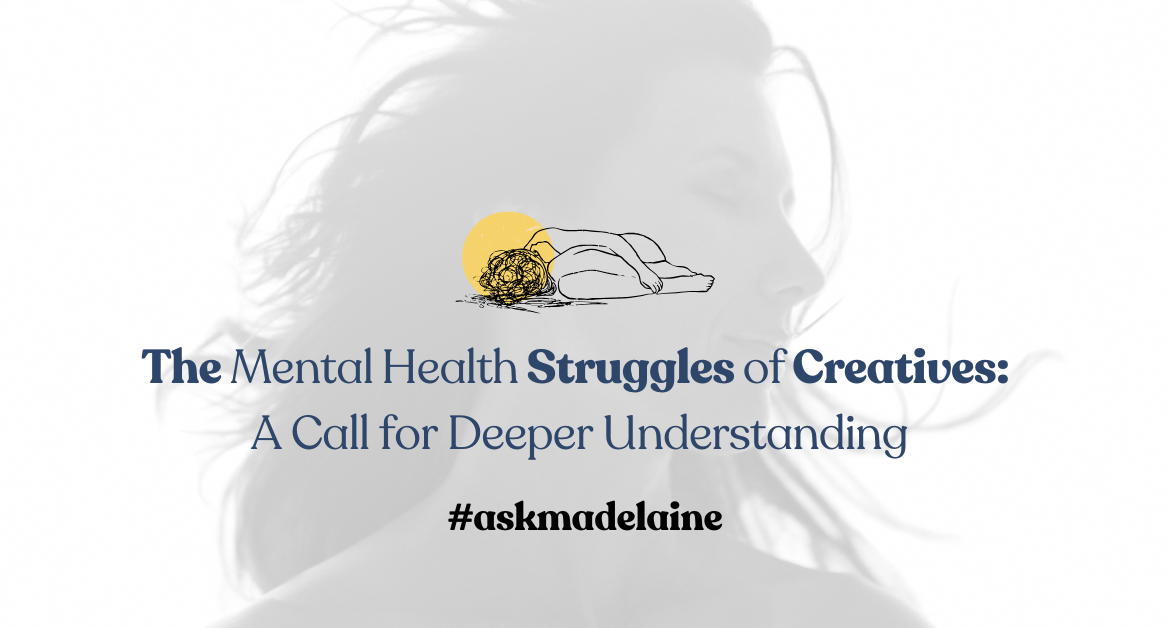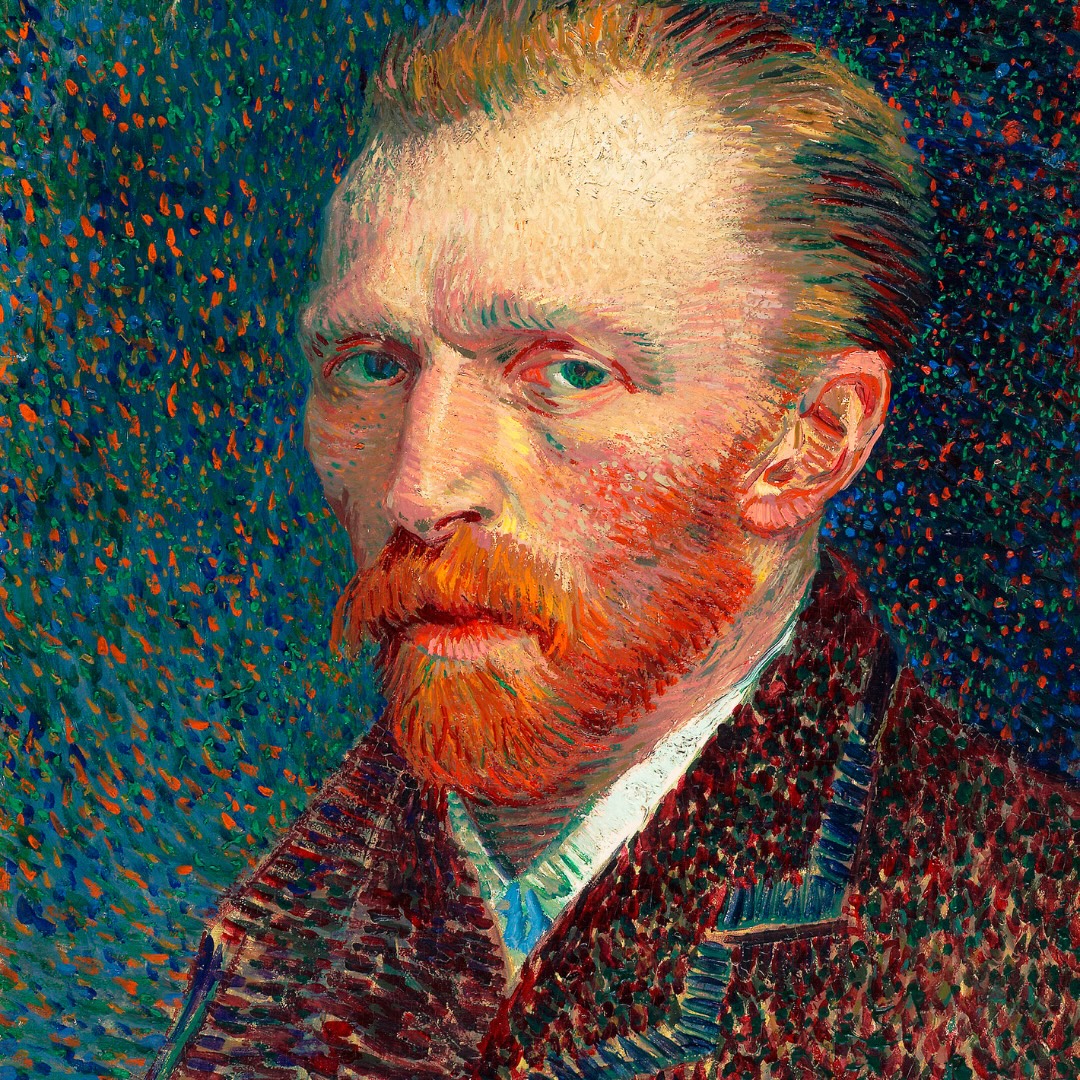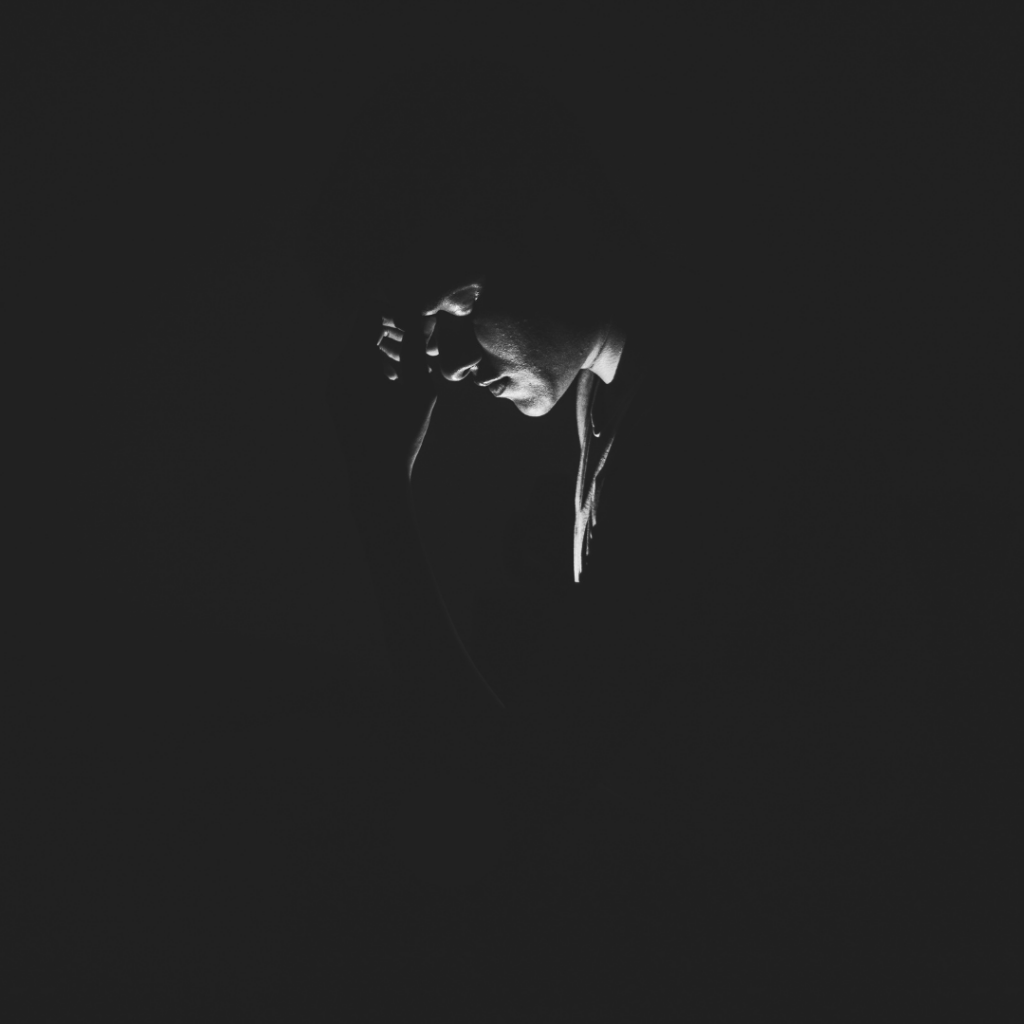

The Mental Health Struggles of Creatives: A Call for Deeper Understanding
Yet again, the world has lost a talented artist too soon. Liam Payne, former member of One Direction, had been open about his struggles with mental health and substance abuse. While the specifics surrounding his recent passing remain unclear, it’s hard to ignore the connection between the mental health challenges he faced and the tragic loss of another creative soul (Thomas, 2021; Teti, 2021). Payne’s openness about his personal struggles resonates with many artists who are battling similar issues but may feel they have no one to turn to or that their struggles go unnoticed.
Artists, musicians, and creatives often feel things more deeply than others, making it difficult for them to handle the pressures of fame, self-identity, and emotional vulnerability. Payne, like many artists before him, fought to manage these struggles, but the toll it took on his mental health is something we can’t overlook. Unfortunately, his story is far from isolated, as more and more artists face similar battles with mental health and addiction, often in silence.
High-Profile Artists Lost to Mental Health and Addiction
Liam Payne’s passing is just one in a series of tragic losses the world has seen within the artistic community. Amy Winehouse, Kurt Cobain, and more recently Matthew Perry are just a few examples of high-profile creatives who battled mental health issues and substance abuse, leaving behind legacies intertwined with deep personal struggles.
Kurt Cobain, the legendary frontman of Nirvana, is one of the most well-known examples of an artist who struggled with depression and addiction. Despite Nirvana’s meteoric rise to fame, Cobain could not escape his inner demons, and his battle with mental health ultimately led to his suicide in 1994 (Cross, 1994). His music, known for its raw emotion and vulnerability, became a symbol for many who connected with his pain. However, it also highlighted the dark side of fame and creative expression, where emotional depth can become overwhelming.

Similarly, Amy Winehouse, whose distinctive voice and talent captured the hearts of millions, faced her own battles with addiction and mental health. Winehouse’s life became a public spectacle as the world watched her struggle with substance abuse, culminating in her untimely death in 2011 at just 27 years old (Petridis, 2011). Like Cobain, her creative brilliance seemed to come with a heavy emotional cost.
More recently, actor Matthew Perry passed away after years of openly battling addiction. Known for his iconic role in Friends, Perry’s struggles with substance abuse were well-documented, and he often spoke about the toll it took on his life and career. His story serves as a reminder that even those who appear to have it all can be fighting private battles. In 2023, the world lost yet another artist whose struggles with addiction overshadowed their immense contributions to popular culture (D’Angelo, 2023).
These tragic losses beg the question: how can we better support artists and creatives who often feel burdened by the very emotions that drive their success?
The Unique Mental Health Challenges of Creatives
As a creative myself, I’ve experienced firsthand the complex mental health challenges that come with being deeply connected to one’s emotions and inner world. Creativity is often born from exploring the depths of human experience—joy, sorrow, vulnerability, and fear. While this emotional sensitivity allows creatives to produce beautiful and impactful work, it also leaves them more exposed to mental health struggles.
For years, I felt misunderstood. My mind worked differently from those around me. I needed space to explore my emotions freely because, for me, emotions were not something to avoid; they were my inspiration. However, I couldn’t find anyone who understood this. Most people don’t realise that creatives often see the world through a different lens—one that magnifies emotions, both the highs and the lows.
As a result, many artists feel isolated in their struggles. There is often a fear that expressing vulnerability will lead to judgment or that people won’t take their mental health struggles seriously because they are perceived as being “too sensitive.” This lack of understanding can cause creatives to withdraw, using substances or unhealthy coping mechanisms to numb the intensity of their emotions.
Why Artists Need Specialised Mental Health Support
The emotional journey that creatives embark on requires a different kind of support—one that goes beyond traditional mental health practices. Most artists don’t have the time or resources to undergo long, self-guided healing journeys. However, their mental health struggles need to be addressed in ways that honour their emotional depth and creativity.
I firmly believe that creatives can find peace and balance if they have the right support system. That’s why I’m passionate about working with artists to help them embrace every part of themselves—both the light and the dark. Many creatives fear doing deep inner work because they think it will take away their creative spark. They worry that healing their trauma will somehow dull their creativity. However, the opposite is often true. By facing the darker parts of themselves, creatives can tap into even greater sources of inspiration.
The key is creating a safe space where artists can explore these parts of themselves without fear or judgment. They need to feel understood and supported as they navigate the emotional highs and lows of life. Whether it’s through therapy, coaching, or artistic expression, there are many ways to help creatives embrace their full selves while finding peace and clarity in their lives.
Finding Peace in Your Creative Journey
If you’re an artist or creative struggling with the ups and downs of life, you don’t have to go through it alone. I know because I’ve been there. My own journey toward mental health and self-discovery was long and challenging, but it led me to a place where I can now help others navigate similar struggles.
If you’re ready to take the next step and let someone into your world—someone who understands the unique challenges of being a creative—I would be honoured to guide you on that journey. You don’t have to sacrifice your creativity to find happiness. In fact, by embracing all parts of yourself, you may discover even deeper sources of inspiration.
I Frid (In Peace), Madelaine
READ MORE:
References
Cross, C. R. (1994). Nirvana’s Kurt Cobain dead at 27. Rolling Stone. https://www.rollingstone.com/music/music-news/nirvana-kurt-cobain-dead-at-27-82469/
D’Angelo, B. (2023). Matthew Perry’s struggles with addiction. CNN. https://edition.cnn.com/2022/11/01/entertainment/matthew-perry-addiction-memoir/index.html
Petridis, A. (2011). Amy Winehouse obituary. The Guardian. https://www.theguardian.com/music/2011/jul/23/amy-winehouse-dies-aged-27
Thomas, B. (2021). Liam Payne opens up about his mental health and addiction. The List. https://www.thelist.com/431349/liam-payne-opens-up-about-about-his-mental-health-and-drug-and-alcohol-addictions/
Teti, J. (2021). Liam Payne confesses to drinking heavily and taking pills while with One Direction. Hollywood Life. https://hollywoodlife.com/2021/06/08/liam-payne-pills-booze-addiction-one-direction-struggles/

